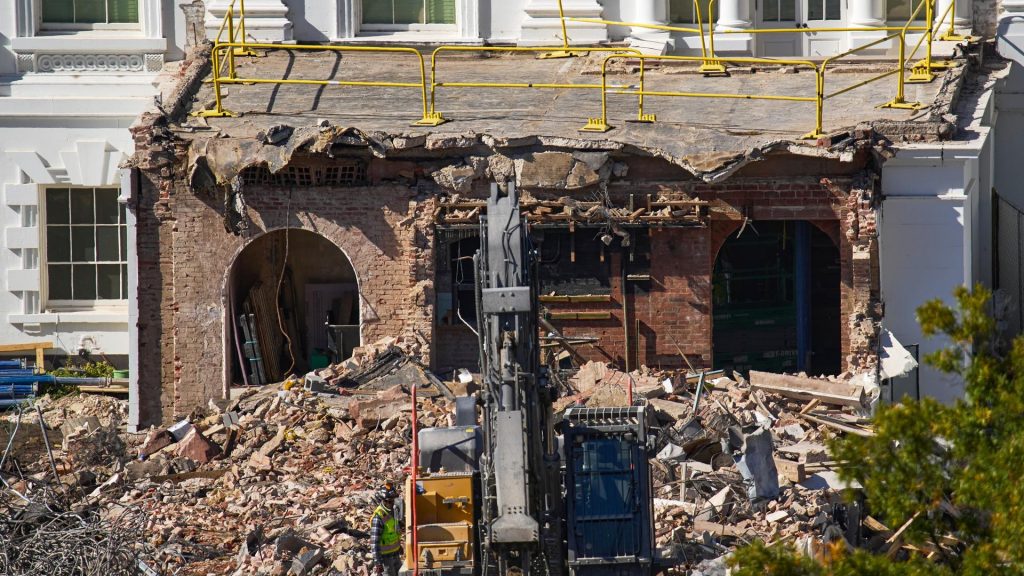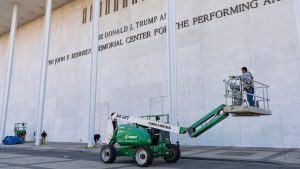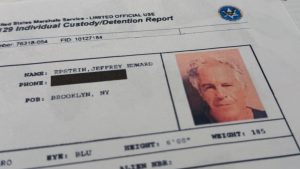Democrats look to regulate White House ballroom funding with new legislation

Democratic lawmakers are set to propose new legislation on Tuesday, aimed at regulating the $300 million White House ballroom project and its funding. It would impose new limits on who can donate to the project and place restrictions on donors and their funds.
Sen. Elizabeth Warren and House Oversight Committee Ranking Member Robert Garcia are introducing the bill after the project drew scrutiny from both sides of the aisle.
“Billionaires and giant corporations with business in front of this administration are lining up to dump millions into Trump’s new ballroom — and Trump is showing them where to sign on the dotted line,” Warren told ABC News. “Americans shouldn’t have to wonder whether President Trump is building a ballroom to facilitate a pay-to-play scheme for political favors. My new bill will put an end to what looks like bribery in plain sight.”
The legislation, labeled the Stop Ballroom Bribery Act, is a direct response to construction at the White House. In October, demolition crews began tearing down the East Wing to make room for the new, privately funded, 90,000-square-foot ballroom.
On Monday, ABC News shared new photos of the site, which crews have completely leveled.
Ballroom funding
Since President Donald Trump announced the ballroom, he’s reiterated that no part of it will be funded by taxpayer dollars. While speaking to reporters last month, Trump said the project is being funded “by me and some friends of mine.”
Following the comments, a list of donors began circulating, raising concerns about what donors might expect in return.
Apple, Amazon, Google, an ambassador and a Cabinet official are among the 38 people, organizations and companies that donated.
However, a recent report found that more than half of the companies listed as donors have been the subjects of current or past investigations. The companies also reportedly have a range of interests in Trump administration policies, including tariffs, technology, online privacy and manufacturing.
ABC News reports that there may also be some additional anonymous donors.
Stop Ballroom Bribery Act
That could change with Warren and Garcia’s bill, which would require more transparency and prohibit anonymous donations. It would require donors to disclose if they’ve met with anyone in the federal government. The bill would also make clear that donations can’t be coerced on the condition of a benefit from the federal government.
“It’s outrageous that the White House won’t reveal who’s bankrolling Trump’s pet project, and that the people’s house could be funded by shady figures, corrupt money, and bad actors,” Garcia told ABC News. ”This bill will ban contributions from anyone with a conflict of interest, prevent bribery, and ensure we can hold any administration accountable for blatant corruption.”
The bill proposes making it a requirement for all donor identities to be made public. It could also block any company facing litigation or federal enforcement, seeking contracts or grants, or those who have received a pardon or presidential appointment from the sitting president, from donating.
Finally, the bill would impose restrictions on donations after they have been made. It would prohibit the administration from displaying donor names or logos and require donors to wait two years before lobbying the federal government.
Other implications
Should the bill pass through Congress, it could not only impact the ballroom but Trump’s other projects as well.
The president recently announced plans to build an arch in D.C., similar to the Arc De Triomphe in Paris. He said leftover funds from the ballroom project would go toward the new D.C. arch.
However, if those funds face future limitations, there may not be enough funds left for other administration projects.
The post Democrats look to regulate White House ballroom funding with new legislation appeared first on Straight Arrow News.





